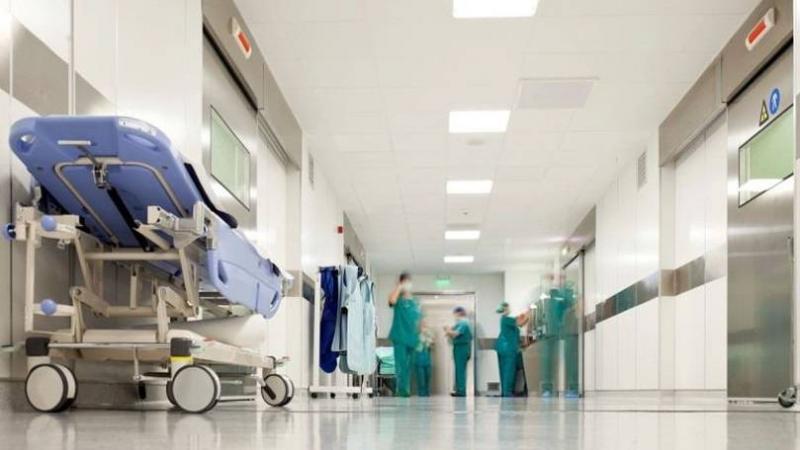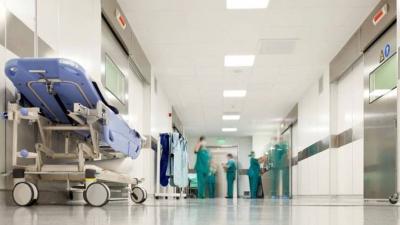Amid the crisis facing the healthcare sector and the worsening of its conditions, alongside the rising costs of medical care that leave many patients unable to enter hospitals for necessary treatment, accusations have been directed at hospitals for manipulating certain bills, deliberately collecting random amounts from patients despite the high prices, taking advantage of the absence of effective oversight to achieve illegal profits. How serious are these accusations, and how are they perceived by stakeholders? The head of the private hospitals' association, Suleiman Haroun, denies any manipulation in the bills, pointing to "the difference between random amounts and high amounts." He reminds us that he has repeatedly affirmed that "the patient bears significant differences in hospital bills. It is true that hospitals do not bill according to the black market dollar rate, but at least they calculate it at 50 to 60 percent of the equivalent price. Thus, the term 'random' or others may be used by individuals, but the reality is different." He emphasizes that "the patient pays significant differences that they should not bear and many patients die in their homes because they cannot afford to enter the hospital and pay the differences, knowing that we have previously warned about this issue several times."
He points out that "the situation is heading from bad to worse following the removal of subsidies and the continued rise in the dollar exchange rate; also, employees' salaries do not align with the exchange rate. For example, an insured employee entering the hospital has a limited salary and cannot pay tens of millions of Lebanese pounds to cover the differences in amounts settled by insurance." Regarding the National Social Security Fund raising its rates, which are still calculated according to the official rate, between two and a half to three times for outpatient consultations and hospital expenses starting from September 15, Haroun sees it as "a good step in the right direction that reduces the differences paid by the patient, but it does not eliminate them completely; this decision leads to the calculation of the dollar at around 4,000 Lebanese pounds, whereas in reality, it is 33,000 pounds, thus it remains insufficient for the patient who will always bear bill differences."
Concerning the supply of dialysis supplies, he clarifies that "the period between August and September was difficult. The caretaker health minister, Firas Abiad, is closely following the matter and continuously updating us to prevent a complete disruption of supplies, and he is trying to address the issue between importers and the Central Bank of Lebanon. However, supplies are currently provided, albeit with difficulty, as the quantities are insufficient." As for whether hospitals face problems in securing fuel for their generators, Haroun notes that "the material is available but at exorbitant prices, and the diesel problem will cause the ruin of most hospitals because the fuel bill is one of the most burdensome costs that can 'break the back' of hospitals."




